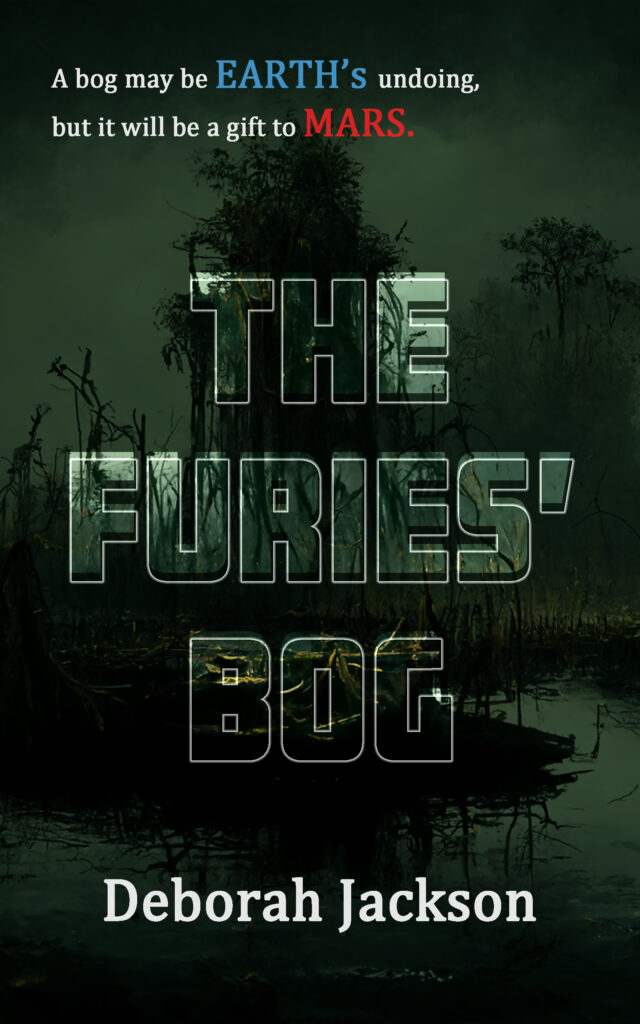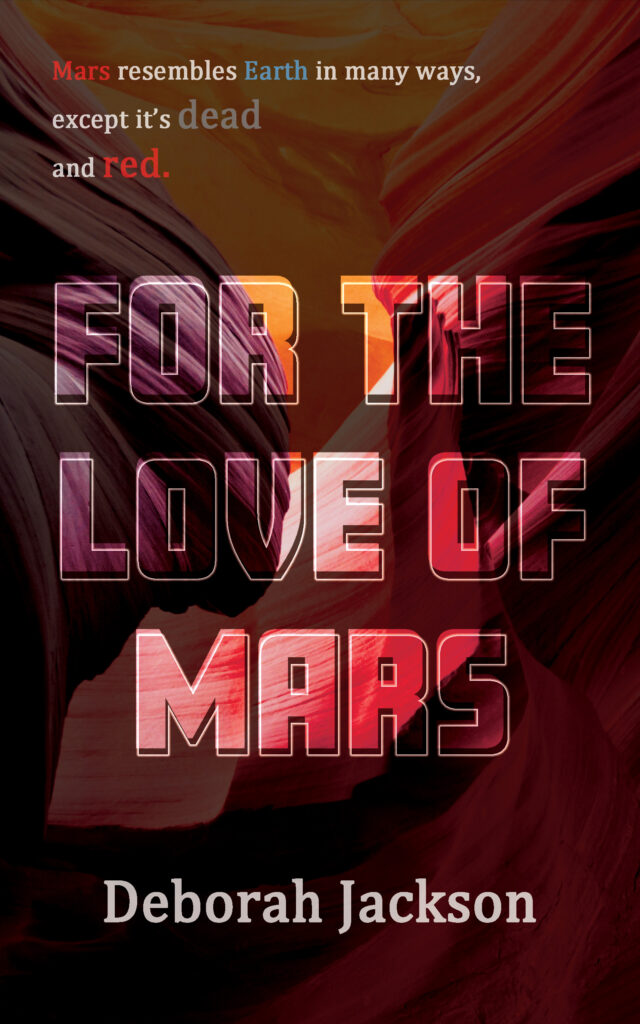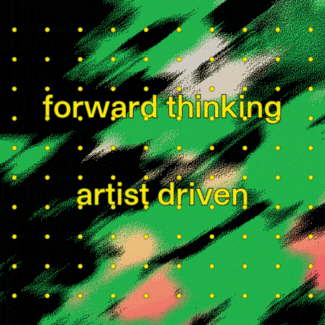Deborah Jackson is an Ottawa writer who transports readers off-planet. Enthralling page-turners, her multiple novels combine geology, biology and genetic engineering into a matrix worth exploring. A significant turn-of-the-millennium theme runs through her literary creations, which fall within the science fiction genre but, more specifically, within near-future speculation. Her literature conveys an evolving landscape for the reader to explore. To read Jackson is both a departure to outer space and a passage to our inner world.
I spoke with the writer about her most recent books, The Furies’ Bog and For the Love of Mars. We also discussed the transformative influences that empower Jackson’s novels.

Image provided by Deborah Jackson.
Apt613: As a writer, what inspires you, and which writers offer you the most inspiration for your work?
Deborah Jackson: Innovative, cutting-edge research, the natural world, and the mechanisms of the universe inspire me. With Ice Tomb, I was into geology and physics. There’s also volcanism. I did physics with Time Meddlers. I’ve always been interested in geology, so you’ll see a fair amount of that in my books. Sinkhole features a cave and The Furies’ Bog, a plume mantle. I moved into genetic engineering as a scientific base.
As far as writers go, Michael Crichton is at the top of the list. I was raised on Jurassic Park, and he had a fair amount of fact-based science in his stories, but he still created these exciting adventures. And there is a genetic engineering component in my new book. That was always in the back of my mind after reading Jurassic Park. Other writers would be James S.A. Corey and his Expanse series. It’s sort of on the cusp of what I do. It’s near-future speculation, near-future science, and expansion into the solar system and the universe. From childhood, I would say J.R.R. Tolkien, because he had a phenomenal ability to build worlds. I found them really magical and deep. And that’s the way I find science, very magical and deep.
What writing practices or methods do you follow to create your work?
I’m like Stephen King, a pantser.* I write by the seat of my pants. I just start developing the story, and I don’t have a full plot beforehand. I have things in the back of my mind when I’m writing. I do a massive amount of research when I have a concept and a few characters, but then the story develops as I write. I will go back and revise my writing afterward.
*someone who writes a story without an outline
Given that science fiction is a massive genre, please describe your niche within the genre. Would you say that you focus on a particular theme?
The first two themes would be hard science and near-future speculation. I start with a concept that has the potential to evolve, like bioengineering in Sinkhole or genetic engineering in The Furies’ Bog and For the Love of Mars. Most of my novels involve pre-apocalyptic or apocalyptic themes. Science is evolving very rapidly, and we’re not considering the potential consequences.

Image provided by Deborah Jackson.
In terms of style or your writing development, how would you compare The Furies’ Bog to For the Love of Mars?
The Furies’ Bog is a giant in terms of size and science. One of my critique partners said, “when you’re over the top, you’re at your best.” So, I go over the top with the research. It took a great deal of time to establish the characters, the background, the mystery of a potential conspiracy, and the science. I included a study that I developed myself and centred the story around. In the final third of that book, the action picks up and becomes more of a thriller. For the Love of Mars focuses mainly on the action and it’s the aftermath of the first book. I would say it’s much more fluid since the mysteries have been revealed in The Furies’ Bog. In For the Love of Mars, Mars is still undergoing upheaval and terraforming, but it’s still an easier read because of more focus on the characters. Reading the first book is essential to understanding the second.
Out of all the books you have written, what is your magnum opus or greatest accomplishment, and why?
I’m not really sure I would consider my science fiction books the same as a great composition, but as far as my greatest accomplishment, I think it would be The Silent Gene series because I went back to school. I took a course at MIT on genetics to learn more background about genetic engineering. I went through textbooks on molecular biology and numerous studies and usually, it takes me a year or two to write a book. This one took five years and the next book took six. I was just beginning my writing career when 9/11 occurred and then the invasion of Iraq. I wanted to convey the anger and bewilderment of that time. I wanted to emphasize and explore this turn-of-the-millennium theme. I don’t think we’ve ever recovered, either. We’ve basically entered the age of rage.
What are your plans for future novels, and how do you see your oeuvre evolving?
I have to finish The Silent Gene series. I’m not sure how many more books are in it, maybe one, maybe more. I have to do a great deal of research every time because I want to put new concepts in genetic engineering into the next book. I might write another Time Meddlers book. The Silent Gene series might evolve into side projects regarding Mars and the solar system. Biology is where my heart is…
Find out more about Deborah Jackson on her website. The Furies’ Bog, For the Love of Mars and Jackson’s other books are available in print or e-book format through her website that links to various platforms for purchase.





.gif)